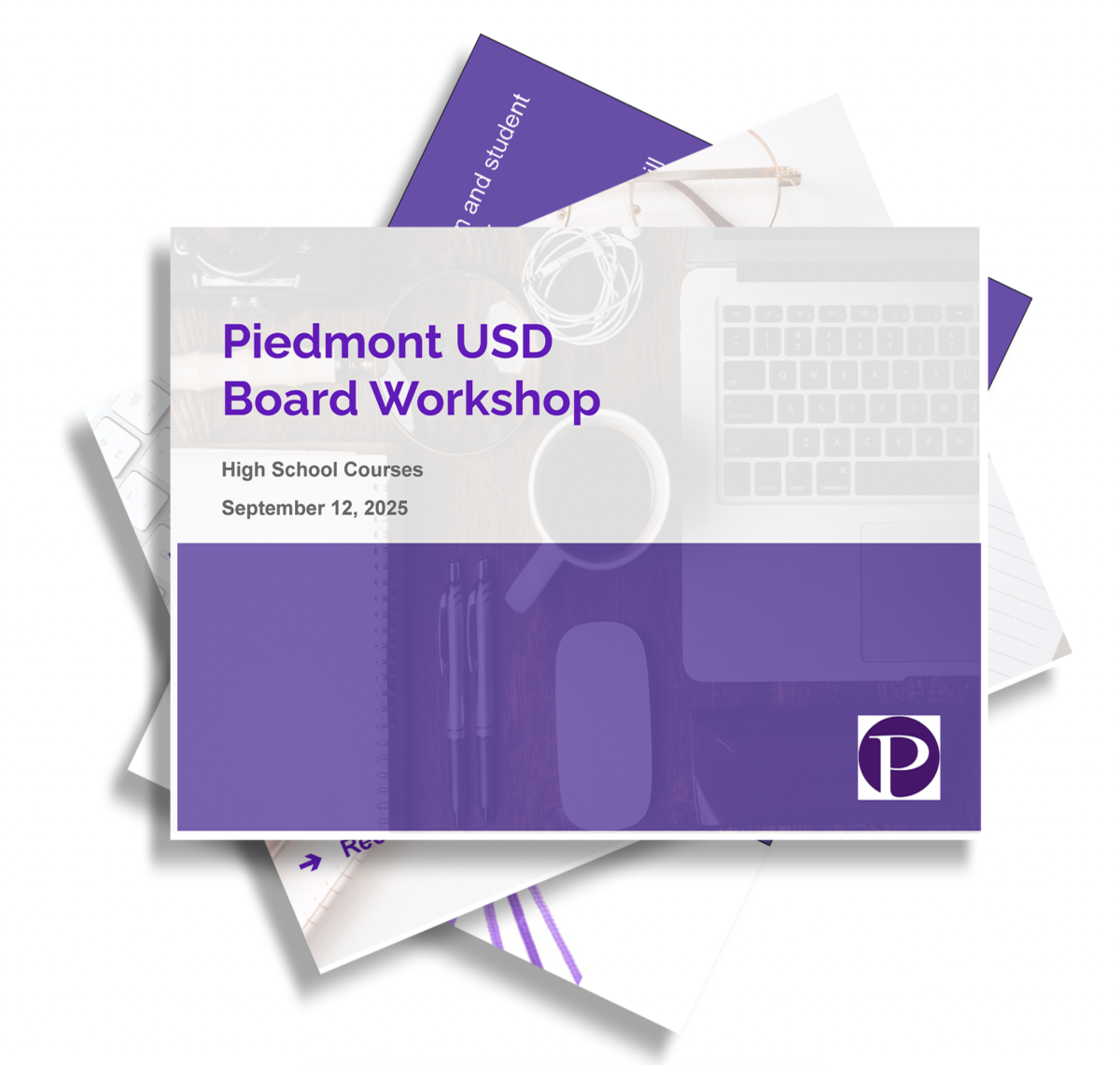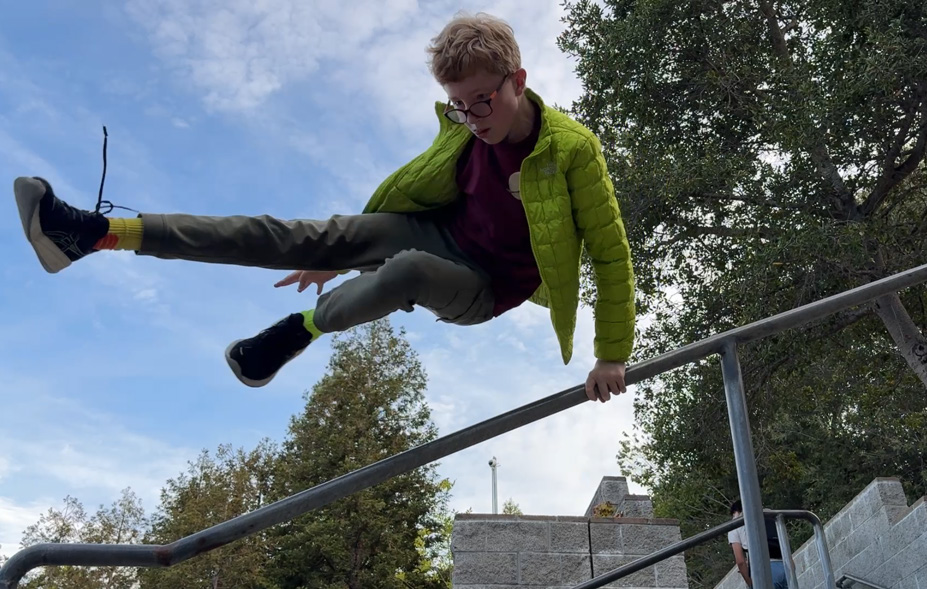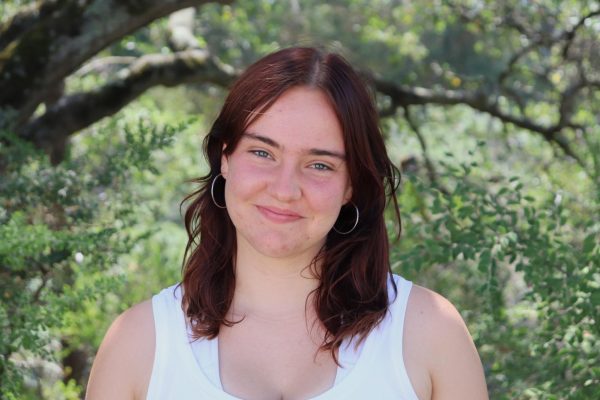A Response To District Incident Protocol
Feb 16, 2023
After an incredibly tumultuous week towards the end of January, Piedmont students awaited a response from the district.
We waited while parents, teachers, and community members received information and emails.
We waited while student affinity leaders sent out their own messages.
We waited after being promised by the district that the next time something happened, students would be directly informed.
On Feb. 2, a heartfelt, deeply thought-out response from interim superintendent Dr. Donald Evans came to the inbox of students with certain email preferences selected in infinite campus. But after years of ragged communication from our district, Piedmont students are done waiting.
We need direct communication from the district to students after an incident, with a focus on providing information, response, and support.
According to Vice Principal Erin Igoe, the responsibility of communication and response to students transferred from PHS Administration to the district during the pandemic. However, there is no protocol surrounding who communication goes out to when an incident occurs, according to Communications Director Brian Killgore. Killgore and Superintendent Evans confirmed that they simply decide who gets the information they can share.
The district is now scrambling to develop communication protocol when these incidents occur. When these revised protocols and policies are published, as promised by PHS Admin, there are three things the district must delineate.
First, informing students and teachers directly when an incident occurs. Any information shared with parents should be shared with students, as communicating with parents in no way ensures students are being informed and often leads to more misinformation. Effective and direct communication squashes rumors and questions, keeps students informed, and most importantly allows us to feel more supported by the district as a whole. Whether the communication comes from the district, or PHS Administration; it just needs to exist, to be on time, and to be truthful and supportive.
Next, offering a response. This could mean increasing education and workshops around a specific DEI incident, or bringing in an expert to educate or orchestrate a question panel so faculty can learn what needs to be covered and what students already know.
Going further, let’s establish standard classroom responses. According to Igoe, classroom protocol began to formulate in response to pre-pandemic issues, but fell through in distance learning. It’s time to form discussion questions, activities, and reflections that can occur in classrooms after incidents. DEI Director Dr. V’s student advisory council is a perfect platform to continue developing this protocol.
Most importantly, the district needs to change their mindset. I keep being told “kids make mistakes”, and it discomforts me. This first dismisses any systemic or deeper root of the issue, and also implies nothing can be done. We must move from a reactive mindset to a proactive one by implementing more permanent policies and event-specific check-ins and responses within our high schools.
The silence we’ve heard from the district and PHS Administration in regard to any political or racial incidents that occur outside of Piedmont is incredibly loud. The purpose of Piedmont education is to prepare us for our impact on the world, and it feels negligent of the Administration and district not to further aid that goal by communicating with us about these events, and demonstrating that they have, indeed, impacted the entirety of the community.
I’ve heard arguments from parents, students, and administrators, illustrating that these responses are either unnecessary or not meaningful to the student population. Some students point out that one email feels pointless, a fruitless attempt at settling everyone down. Others argue that students can’t handle the abundance of overwhelming information.
Take a look at how Piedmont students “handle” various Piedmont related incidents. Look at the birth of our countless student-led affinity groups and the events they organize, our numerous consent programs organized in response to the Piedmont Protectors account, all dedicated to improving Piedmont’s culture.
Every time an incident occurs, the responsibilities of grappling with these issues in and outside of Piedmont have fallen solely on the students, and we feel alone in their resolution. PUSD is often proud to say that these students will always stand out for the proactiveness of our student body to make the solutions. We have the district’s silence to thank for that.
Piedmont’s notorious “bubble”, once a symbol of safety and protection, now feels like a wall standing between truth, effective communication, and proactive long-term solutions. We need to change the mindset, and we need to change our protocol; and we can enact long-term change here at Piedmont.




























